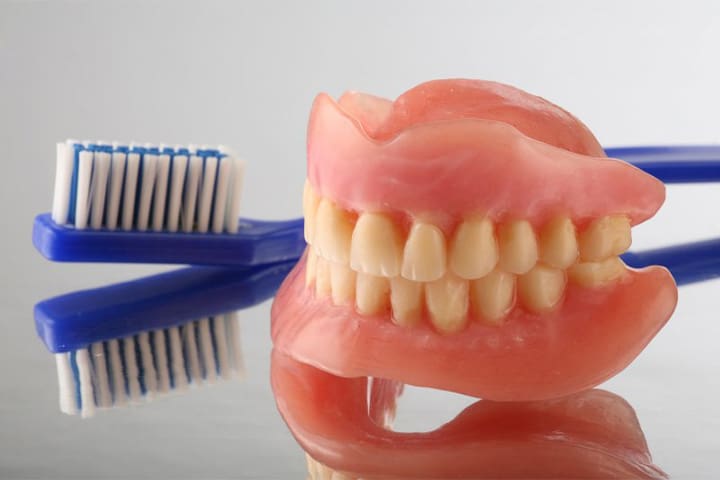Losing a tooth may seem like a minor issue, but it may greatly influence your general health and self-image. Whether you lost one or many teeth due to aging, dental illnesses, or an accident, the loss may affect your ability to eat, communicate, and feel confident. The good news is that there are several options available to assist you in achieving excellent oral health, particularly when it comes to restoring lost teeth.
One of the more common ways to replace missing teeth is a dental bridge. It is a replacement attached to the two surrounding teeth, known as abutment teeth.
They are an alternative to dental implants, which cannot fill gaps where one tooth is missing. The bridge uses dental crowns as anchors to fill the hole in your smile. The bridge is held in place by chewing pressure—as you bite down on foods, the chewing pressure keeps the bridge in place.
It is a great choice, but there are things you need to know before you’ll have dental bridges installed. To understand better, continue reading this article.
1. Cost
Estimate the cost of your dental bridge before you undergo one because it would be great to have enough money for the procedure. You’ll need to pay for exams, cleanings, x-rays, and any recommended dental treatments.
In the first year after installation, you’ll need to visit your dentist every four months to have the bridge checked. They will examine the bridgework, cement, and adjacent teeth.
2. Cleaning Maintenance
There is a greater risk of plaque and tartar with a dental bridge. Even with regular dental checkups, you must brush and floss two to three times a day to keep it clean. Remember, the bridge is attached to your jawbone, so you should not use a powered toothbrush.
In addition, you can have your dental bridge checked for any damages and be able to take care of it early. It will help prevent further tooth loss and additional dental problems.
3. Impermanence
Remember that dental bridges are not a lifelong solution. However, with proper care, it can last for decades.
If you have underlying gum disease, it can lead to the dental bridge’s early loss. Although metal restorations will last longer than porcelain restorations, they will eventually rust and wear out. This is especially true if you have a metal allergy.
4. Anesthetic Risks
When you undergo the procedure, you will experience discomfort. With dental bridges, you will have one or more root canals. This means you’re at risk for more severe pain and complications. For this reason, you must tell your dentist if you’re allergic to local anesthetic.
5. Reliability of the Dentist
Make sure that you’ll be working with a professional and experienced dentist. While opting for a dental bridge is easier and cheaper than getting dental implants, there are risks involved with the procedure. This is why you must put your hands in the care of someone who can ensure your safety and prevent complications.
Conclusion
If you have lost a tooth or more teeth, it does not mean that you can no longer have a smile that you can be proud of. Dental bridges can make you look good again. You should know what to expect and make sure that you understand the benefits and risks of the dental bridge.
If you’re considering a dental bridge and are looking for a reliable dentist in Newton, MA, Waban Dental Group is the best for you! We provide a full range of dental services for your entire family. We have set the standard for exceptional care since 1983! Visit us now!








